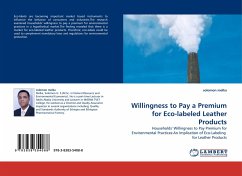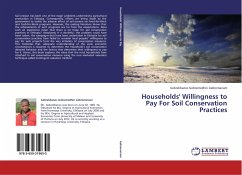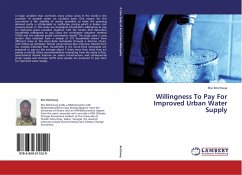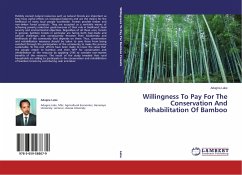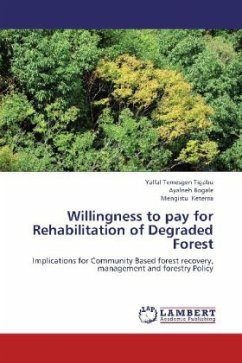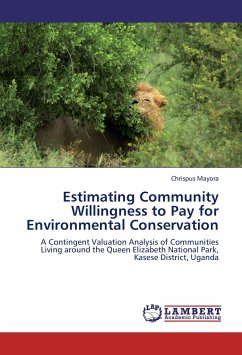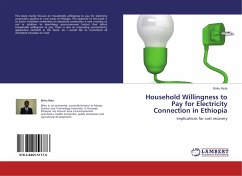
Willingness to pay for carbon-labeled products in Egypt
Versandkostenfrei!
Versandfertig in 6-10 Tagen
15,99 €
inkl. MwSt.

PAYBACK Punkte
8 °P sammeln!
Carbon emissions from products contribute to anthropogenic climate change. Because of the growing concern over the environmental impact of production and consumption of consumer goods, carbon footprint information started to appear on labels of several products. In this paper we use both parametric and non-parametric econometric models in order to estimate Egyptian consumers' willingness to pay (WTP) for carbon-labeled products. Contingent valuation methods based on log-logistic, log-normal and Weibull regression models revealed that consumers in Egypt are willing to pay a price premium of app...
Carbon emissions from products contribute to anthropogenic climate change. Because of the growing concern over the environmental impact of production and consumption of consumer goods, carbon footprint information started to appear on labels of several products. In this paper we use both parametric and non-parametric econometric models in order to estimate Egyptian consumers' willingness to pay (WTP) for carbon-labeled products. Contingent valuation methods based on log-logistic, log-normal and Weibull regression models revealed that consumers in Egypt are willing to pay a price premium of approximately 75 Egyptian pounds (EP) for carbon-labeled products based on the single-bound dichotomous choice (SBDC) model and up to 90 EP based on the double-bound dichotomous choice (DBDC) model. From a socio-economic perspective, results have also revealed that income, age, gender, and educational level have a significant influence on the respondent's WTP. Implications of this study highlight the fact that understanding consumers' preferences for eco-friendly products may play an important role in formulating environmental policy changes to face complex problems.



